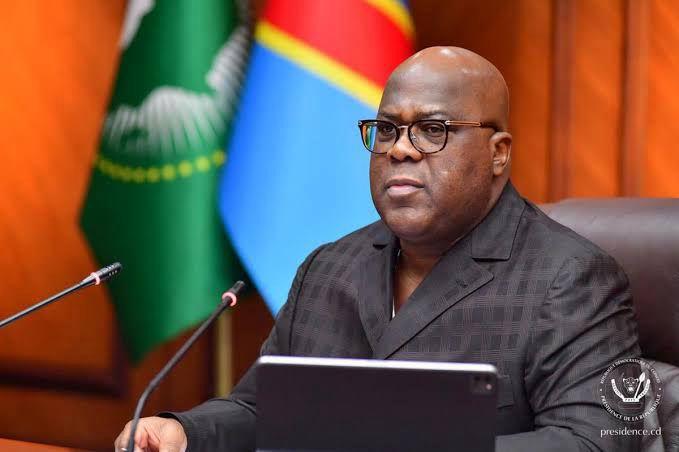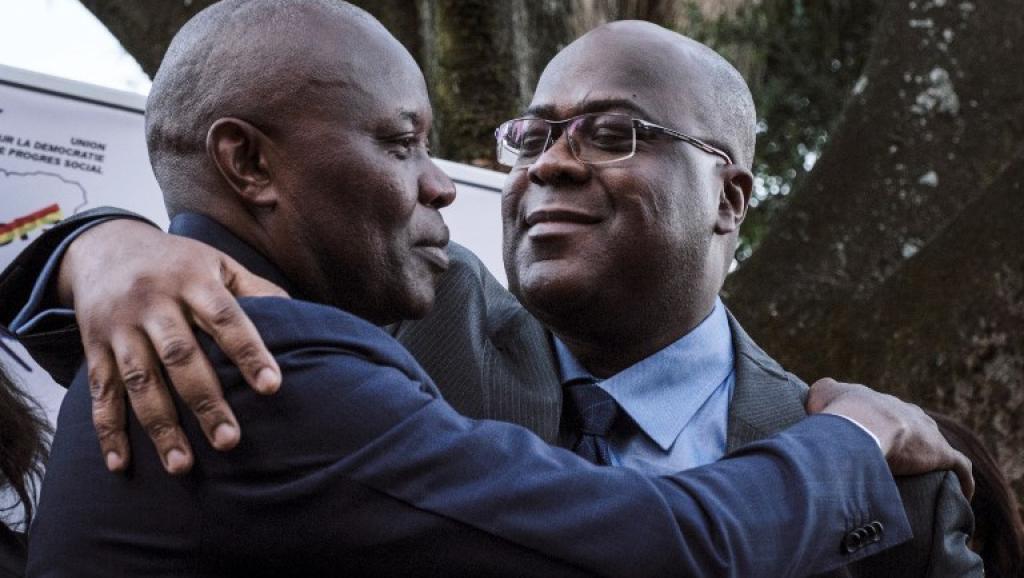Raila Odinga is one of the most influential and polarizing political figures in Kenya’s history. A man who has spent decades in the political trenches, he has been hailed as a champion of democracy and constitutional reform. At the same time, his critics argue that he is driven more by personal ambition than national interest. But where does the truth lie? Is he a selfless leader fighting for Kenya’s democratic progress, or a shrewd politician maneuvering for personal gain? This article explores both perspectives to determine whether Raila Odinga is a true patriot or a self-serving politician.
Raila Odinga: The Patriot
Raila Odinga’s political career began in the 1980s when he played a key role in advocating for multi-party democracy in Kenya. His opposition to the oppressive Kenya African National Union (KANU) regime led to his detention without trial, making him a symbol of resistance against authoritarian rule. Many credit him with helping to usher in the era of political pluralism in the 1990s (Barasa et al., 2023).
One of his major contributions to Kenya’s democratic landscape was his push for constitutional reforms, culminating in the promulgation of the 2010 Constitution. This landmark achievement brought about devolution, which has helped distribute resources more equitably across the country (Barasa et al., 2023).
Raila has also been at the forefront of fighting electoral injustices. His contested elections and subsequent calls for reforms have led to increased transparency in Kenya’s electoral process. His ability to mobilize masses for change underscores his role as a leader committed to democratic ideals.
He also played a crucial role in the aftermath of the 2007-2008 post-election violence, which left over 1,000 people dead and thousands displaced. His decision to enter a power-sharing agreement with Mwai Kibaki as Prime Minister helped stabilize the country, even though it came at a significant political cost. This move is often cited as a demonstration of his willingness to put the country’s interests above his own (Kadima & Owuor, 2014).
Raila Odinga: The Self-Serving Politician
While Raila Odinga’s contributions to democracy are undeniable, his political career has also been marked by contradictions. His frequent shifts in alliances—working with former adversaries when politically convenient—raise questions about his true motivations. Kadima and Owuor highlight his interactions with former rivals, such as Mwai Kibaki and Uhuru Kenyatta, which have led commentators to label these as “nusu mkate” (meaning a ‘piece of bread’), implying that they are fundamentally self-interested arrangements rather than motivated by the public good. His alliance with Kibaki in 2002 and later political maneuvers suggest that his actions are often strategic rather than patriotic (Kadima & Owuor, 2014).
His persistence in seeking the presidency, having run five times without success, has led some to argue that his ultimate goal is power rather than reform (Elfversson, 2019). Additionally, his calls for mass action in response to election losses have sometimes resulted in economic instability and violence, affecting ordinary citizens. This perception of self-interest was further underscored by the 2018 Handshake with President Uhuru Kenyatta, which ended the post-election crisis. While some viewed it as a statesmanlike move, critics argued that it was a personal deal that sidelined his supporters and opposition allies, leaving questions about his commitment to change versus personal gain (Frederiksen, 2010; Barasa et al., 2023).
In February 2025, Raila suffered a significant political setback when he lost the bid for the African Union Commission (AUC) Chairperson seat, a position that would have elevated his profile on the continental stage. Some viewed this as a sign of diminishing regional influence, while others saw it as an opportunity lost due to political miscalculations.
Even before this failure, Raila had already engaged in discussions with President William Ruto, leading to the formation of a broad-based government last year. This government has continued into 2025, even after his unsuccessful AU bid. While some see this as an effort to promote national unity, others interpret it as another strategic maneuver to secure political relevance despite his diminishing continental ambitions. His continued engagement in high-level negotiations suggests that, despite his setbacks, he remains a central figure in Kenya’s political landscape—whether as a champion of democracy or a tactician focused on self-preservation.
Raila Odinga’s Political Maneuvering and Its Implications
Raila Odinga’s legacy is now intertwined with these developments, illuminating both his status as a democratic champion and the criticisms of his political strategies. His outreach and alliances often appear pragmatic and opportunistic, particularly in light of the shifting political landscape post-2018 Handshake with President Uhuru Kenyatta. This deal was viewed not solely as a reconciliatory step but as a maneuver that sidelined core opposition constituents and raised questions about his commitment to genuine reform (Elfversson, 2019).
Moreover, his aspiration for the African Union Commission Chairperson position, which he lost amid these protests, raises discussions about his regional influence and the broader implications of domestic political sentiment on his international ambitions. Critics argue that this defeat, along with the recent youth mobilizations, reflects a growing discontent with traditional political figures who may prioritize political expediency over the pressing needs of the populace (Juma et al., 2024).
A prominent Kenyan scholar, Prof. Patrick Otieno Lumumba offers critical perspectives on Raila Odinga’s political legacy, suggesting that while Odinga has undoubtedly been a pivotal figure in Kenya’s fight for democracy, his legacy is marred by instances of political contradictions and miscalculations. Lumumba remarks, “Leadership is not merely about holding power; it is about serving the people and responding to their needs.” This sentiment raises questions about the effectiveness of Raila’s approach in aligning his political maneuvers with the aspirations of the younger generation, particularly as they demand accountability and progressive governance (Okibe, 2024).
Public Perception and Legacy
Raila Odinga’s legacy remains a contentious subject; he is revered by some as a stalwart defender of democracy, whereas critics view him as an emblem of self-serving politics. Scholars note that his political communications often draw upon nationalistic rhetoric, fueling a narrative of patriotism that resonates with many Kenyans (Barasa et al., 2023). This duality reflects broader trends in Kenyan politics, where ethnic and communal affiliations significantly influence political allegiances and public perception (Frederiksen, 2010).
Ultimately, Raila’s complex political narrative exemplifies the intricate dynamics of Kenyan politics, where the lines between patriotism and self-service are often blurred. As history unfolds, the judgment on whether Raila is a true patriot, or a self-serving politician will likely hinge on his enduring influence on the country’s democratic trajectory and governance.
Conclusion
Raila Odinga embodies the paradoxes inherent in Kenyan politics. His contributions to democracy and national governance are laudable, yet the strategic pivots and alliances he has forged often lead to ambivalence regarding his motivations. Can a leader be both a patriot and a political strategist? Or does the pursuit of power always overshadow noble intentions? Whether deemed a patriot or an opportunist, Raila’s significant role in shaping Kenya’s political history is indisputable. His legacy will continue to inspire discourse on leadership and legitimacy within the complex tapestry of African politics.
References
Barasa, E., et al. (2023). Conceptualising nationalism, revolution and opposition in political discourse by use of metaphors: The case of Raila Odinga in Kenya. Journal of Languages and Linguistics. https://doi.org/10.51317/jll.v2i1.347
Elfversson, E. (2019). Patterns and drivers of communal conflict in Kenya. In The Palgrave Handbook of Ethnicity. https://doi.org/10.1007/978-981-13-0242-8_50-1
Juma, W., et al. (2024). The politics of ‘eating’ and conflicts: Manifestation of negative ethnicity as a consequence of horizontal inequalities in Uasin Gishu County, Kenya. African Journal of Empirical Research, 5(3), 37. https://doi.org/10.51867/ajernet.5.3.37
Kadima, D., & Owuor, F. (2014). Kenya’s decade of experiments with political party alliances and coalitions: Motivations, impact and prospects. Journal of African Elections, 13(1). https://doi.org/10.20940/jae/2014/v13i1a7
Okibe, J. (2024). Young, brave, and unyielding: Kenyan youths fight over the controversial financial bill. International Journal of Social Sciences Research and Review.


